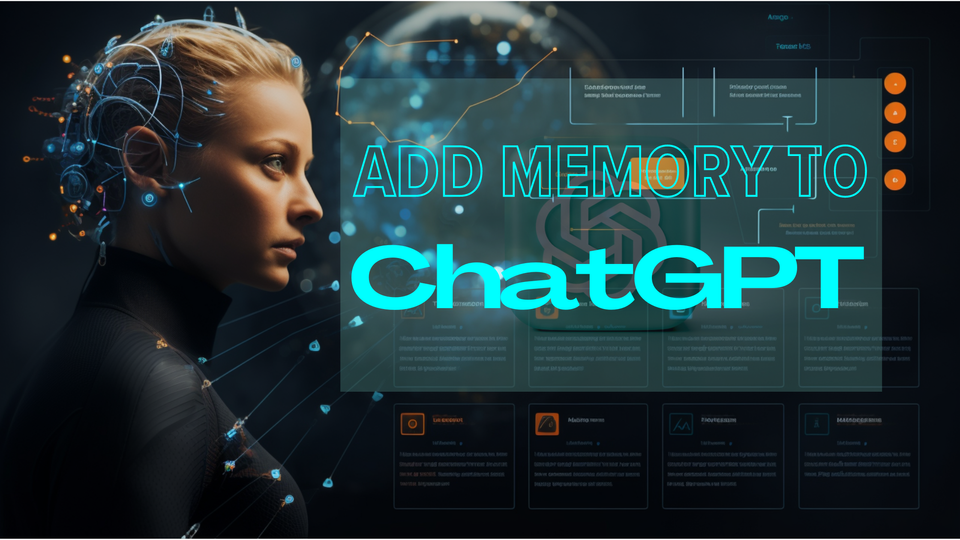Unveiling the Future of AI Conversations: Memory and New Controls in ChatGPT

In a groundbreaking update that promises to redefine our interactions with artificial intelligence, OpenAI has introduced an innovative set of features aimed at enhancing the conversational capabilities of ChatGPT. This leap forward is not just a step but a giant leap in making AI interactions more seamless, personalized, and contextually aware. The introduction of memory and new control mechanisms in ChatGPT marks a pivotal moment in the evolution of conversational AI, setting new standards for user experience and engagement.

A Glimpse into ChatGPT's Memory
One of the most significant enhancements is the integration of a memory function within ChatGPT. This feature allows the AI to remember details from earlier in the conversation, enabling a more coherent and contextually rich dialogue. Imagine discussing a topic with ChatGPT, taking a detour into related subjects, and then circling back to your original discussion without having to remind the AI of the context. This level of continuity was previously unattainable but is now within reach, thanks to this innovative update.
The memory feature is designed to respect user privacy and confidentiality, ensuring that the information retained is managed securely and ethically. This development not only enhances user experience but also paves the way for more sophisticated applications of conversational AI in various fields, including education, customer service, and personal assistance.
New Controls for Tailored Interactions
Complementing the memory feature, OpenAI has introduced a set of new controls that allow users to customize their interactions with ChatGPT. These controls enable users to set parameters and preferences for the conversation, such as tone, formality, and depth of detail. Whether you're seeking a concise summary, a deep dive into a topic, or a casual chat, these controls can adjust the AI's responses to suit your needs.
This level of customization is a game-changer, offering users unprecedented control over their AI interactions. It not only enhances the user experience but also makes ChatGPT more adaptable to a wide range of applications and user preferences.
The Impact on User Experience
The integration of memory and new controls into ChatGPT significantly enhances the user experience. Conversations with the AI become more engaging and meaningful, closely resembling interactions with a human. This improvement in conversational quality is expected to increase user satisfaction and deepen users' reliance on conversational AI for various tasks and inquiries.
Moreover, these features open up new possibilities for personalized learning and assistance. For instance, ChatGPT can now provide more tailored support in educational contexts, adapting to the learner's pace and recalling previous interactions to reinforce learning.
Looking Ahead
The introduction of memory and new controls in ChatGPT is a testament to OpenAI's commitment to pushing the boundaries of what conversational AI can achieve. As we look to the future, these advancements hint at even more exciting developments on the horizon. The potential for more nuanced and context-aware AI interactions seems limitless, promising to revolutionize the way we engage with technology.
In conclusion, the latest updates to ChatGPT mark a significant milestone in the evolution of conversational AI. By enhancing the AI's ability to remember and adapt to user preferences, OpenAI has set a new benchmark for personalized and engaging AI interactions. As we continue to explore the possibilities these features unlock, one thing is clear: the future of AI conversations looks more human-like and intuitive than ever before.